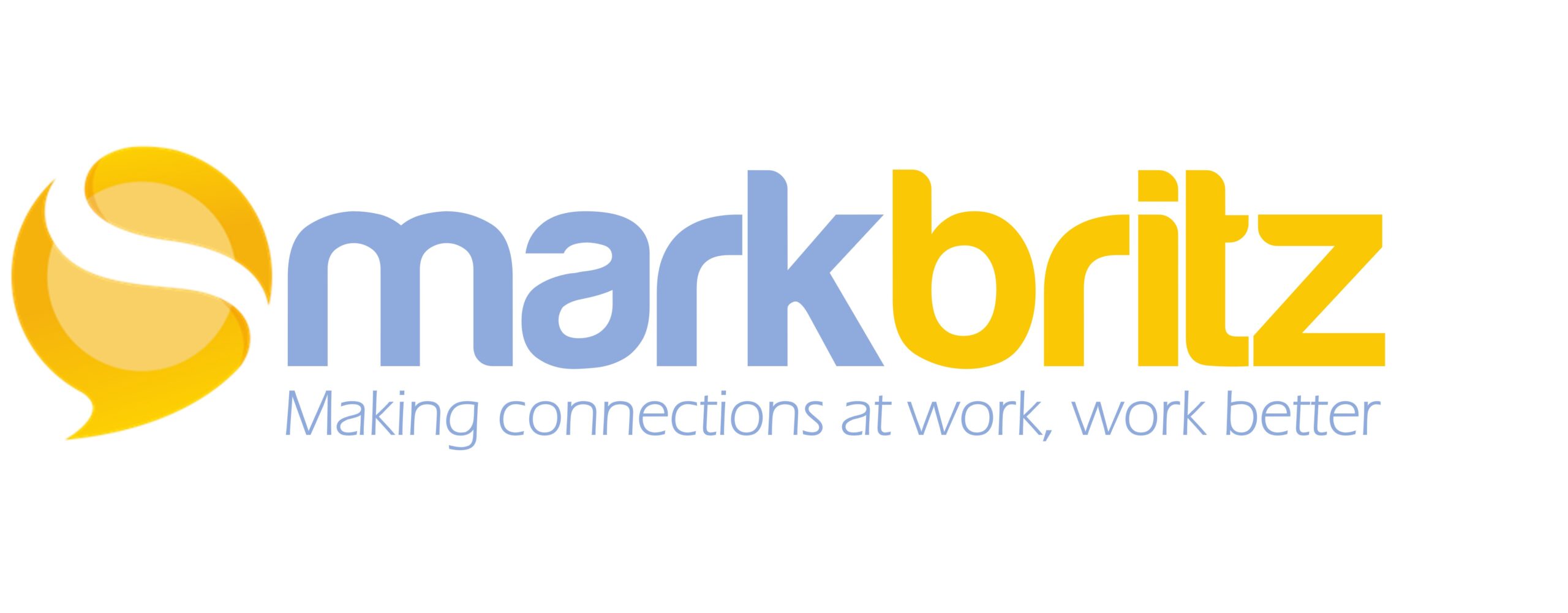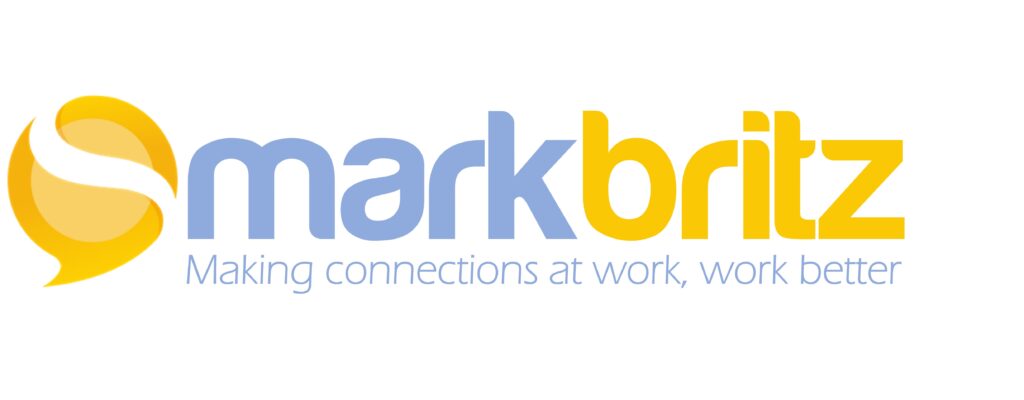Since my last post, “What’s the Problem with 70:20:10?” I have been fortunate enough to engage on Twitter, in face-to-face conversations and responded to a slew of comments on my blog. Additionally #LrnChat featured the topic last night which further helped me see what people are thinking about 70:20:10. All have led me to believe how and to whom we present 70:20:10 can help or hurt it’s opportunity to impact organizations.
Last night’s chat asked the important question – is 70:20:10 a Model? Framework? Concept? Approach? Other?
I am left thinking that 70:20:10 is not suitable as a model, a model can be defined as a “simplified version of something“. So yes, one could accurately say 70:20:10 is a model of organizational learning but the connotation that we can’t control creeps in and too many, “model” implies something we build, something we scale, a representation to emulate. This is where things go wrong as 70:20:10 becomes something applied or an approach. It’s also my opinion it’s not inherently a framework (although that’s the best way to support it).
At my last employer I was asked to create a Corporate University. I chose to work within the concept of how learning happens at institutions as opposed to creating the traditional “training center.” I presented 70:20:10 to the organization as a fact and supported this through an internal survey that confirmed the raw percentages. I put forth the assertion that learning at University happens in classes, the commons, and the library (as well through ones creative work). I then worked to reframe my role to be more a performance consultant, working with managers and changing mindsets around training first beliefs. And then put social at the center of our organizational learning. You can read about it more here and in Clark Quinn‘s book Revolutionize Learning & Development: Performance and Innovation Strategy for the Information Age.
For me then I think 70:20:10 is best presented as a principle. More specifically as an organizing principle like that of Wirearchy, it’s foundational relation which 70:20:10 compliments. A principle is a basic truth, and Jon Husband, the man behind Wirearchy, describes an organizing principle as:
“…something that holds true across a system, and is defined to address the essence of the system; not a solution or method or best practice.”
Why is this important?
Wirearchy, as an organizing principle “informs the ways that purposeful human activities and the structures in which they are contained is evolving from top-down direction and supervision (hierarchy’s command-and-control) to champion-and-channel.” Similarly 70:20:10 informs the ways we can and should support today’s work-learning structures. With the vast majority of our learning in organizations directly tied to our work (70) and the interactions we have with others around and about our work (20) a shift to champions and channels is needed.
If 70:20:10 is presented as a model to L&D, then you are at best going to get blended learning and at worst an argument. However, when presented to the right audience as a principle it is positioned as a natural law, something that can’t be dismissed as much as it must be dealt with. Organizational leaders and managers (the right audience) can approach the 70:20:10 principle like an archaeologist and not an engineer; 70:20:10 needs to be unearthed not created.
Disclaimer, I am not a 70:20:10 expert, just a curious practitioner having engaged in organizational design efforts emphasizing 70:20:10. It’s my assertion that a new business, those on the long tail, cannot lose sight of this principle and if looking to transform a traditional organization around work-learning then a Re-Image should be considered. For 70:20:10 expertise I strongly suggest you look at the seminal work of Charles Jennings who consults with organizational leaders on 70:20:10 strategies and also see The 70:20:10 Forum, an organization that provides detailed pathways and resources to help individuals advance organizational change.

